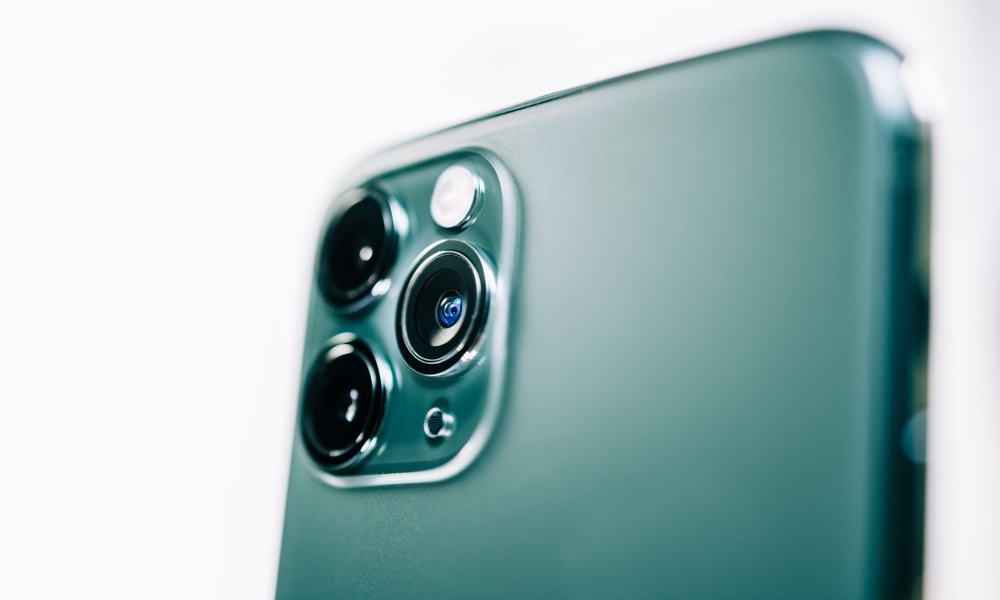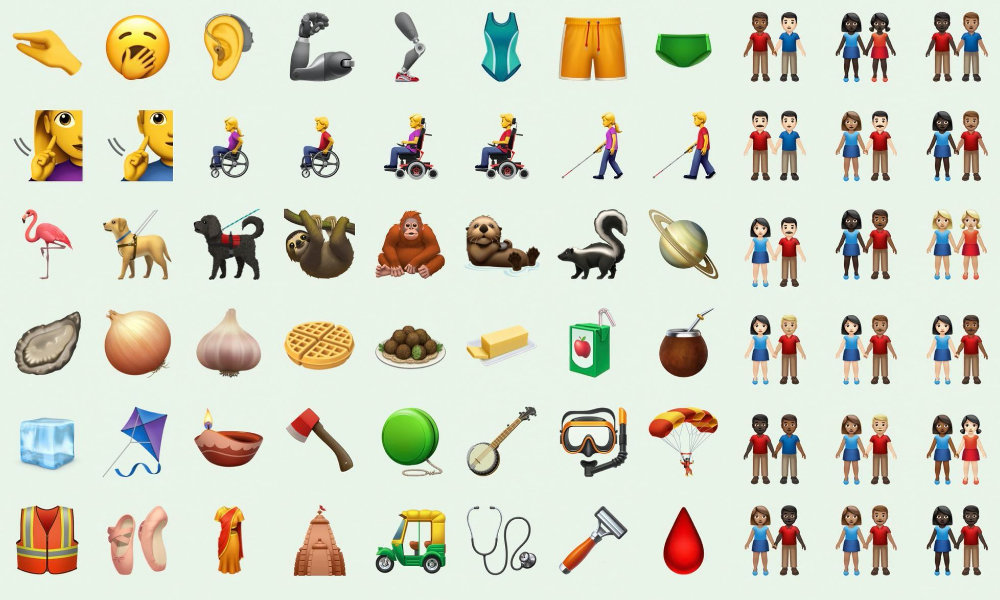iOS 13.2 Is Here with New Emoji, Siri Privacy Options, and Deep Fusion for the iPhone 11
 Credit: Hadrian / Shutterstock
Credit: Hadrian / Shutterstock
Toggle Dark Mode
Apple has just released iOS (and iPadOS) 13.2, the highly anticipated update that finally delivers most of the remaining features that Apple had announced for iOS 13 back in June.
This year has been a rocky release cycle for Apple’s major mobile operating system updates that was no doubt at least slightly exacerbated by the decision to split iOS into two new streams — iOS for the iPhone and iPod touch, and a new “iPadOS” for Apple’s larger tablet devices, from the entry-level 10.2-inch iPad to the high-end 11-inch and 12.9-inch iPad Pro.
Throughout the iOS 13 beta cycle during the summer, it became clear that Apple’s plans for the initial “13.0” release were perhaps ambitious, and the company not only began removing some of the promised features, but also took the unprecedented step of releasing the first iOS 13.1 beta two weeks before it was scheduled to unveil iOS 13.0.
At that point, it seemed pretty clear that Apple was scaling back its ambitions to ensure that the initial iOS 13 release was as stable as possible, but was already getting ready to add those features into a later “.1” release. Of course, even with several new features missing, iOS 13.0 had more than a few bugs, forcing Apple to move up its scheduled iOS 13.1 release — which was originally planned for Sept. 30 — to an earlier date.
Even before iOS 13.1 landed, however, we knew that a number of features wouldn’t be arriving until even later in iOS 13.2, which entered beta in early October. Among these new features were enhancements related to Apple’s AirPods, so it’s probably not surprising that Apple released iOS 13.2 yesterday to correspond with the announcement of its new AirPods Pro, the design of which were actually leaked in the early iOS 13.2 betas.
What’s New in iOS 13.2
There’s a lot more here than just support for the new AirPods Pro, however. iOS 13.2 (and iPadOS 13.2) actually deliver a few things that Apple had already announced for iOS 13, including the ability to announce messages through any set of H1-equipped AirPods or Beats Pro headphones — not just the new AirPods Pro.
There’s also support for HomeKit Secure Video and HomeKit enabled routers. Both of these features were announced in June at WWDC, however it’s a safe bet that nobody has really been holding their breath for these as they still require new hardware accessories to start appearing.
The update also adds the promised Deep Fusion feature for iPhone 11 users, which allows the A13’s Neural Engine to capture extremely detailed photos by fusing multiple high-quality photos together at a pixel-by-pixel leave. Apple showed the feature off when it unveiled the iPhone 11 last month, but at the time only said it would be coming in a future software update. In addition, iPhone 11 users also now have the ability to change the video resolution directly within the Camera app, rather than requiring a separate trip to the Settings app. It’s less clear why this is limited to the iPhone 11 models, although it’s likely related to the new Camera app user interface.
Apple has also introduced over 70 new emoji characters from the new Unicode 12 collection, including some new animals — an orangutan, sloth, otter, skunk, and flamingo — along with garlic, onion, waffle, falafel, butter, oyster, maté, and an ice cube in the “food” category, and a whole slew of new faces and gestures, including a classic emoji with a yawning face.
The new Siri Privacy features that Apple promised in August have been added, after an insider report revealed contractors were listening to private conversations. While the allegations were somewhat exaggerated — data was never actually personally identifiable except in those cases where the person speaking specifically gave away their identity — Apple was quick to respond by suspending its Siri grading program and promising to allow users the ability to opt out in a future iOS update.
In fact, what iOS 13.2 now does is ask users to opt in — which is as it should be. After installing iOS 13.2, a welcome screen is shown that will explicitly ask whether you want to “Improve Siri & Dictation” by sharing audio recordings. While the default big blue button still encourages users to opt in, a smaller “Not Now” option is available to let users exclude their Siri requests from being recorded.
However, regardless of what you pick here, you can easily change the setting later, under Settings, Privacy, Analytics & Improvements. There’s also a new section in the main Siri & Search settings that will allow you to delete your Siri and Dictation history from Apple’s servers with a single tap.
In addition to the list of new features, iOS 13.2 also fixes a number of smaller bugs from prior iOS 13 releases, including issues with password auto fill, Spotlight search, Messages, Contacts, Markup, and more.







